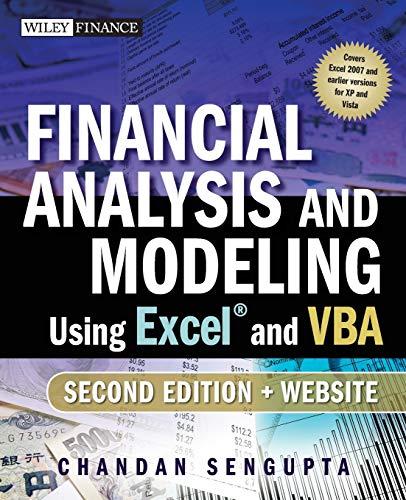Question
11 You buy goods for $3,000 and receive a voucher for $500 off your next purchase within 30 days. Based on historical experience, the vendor
11 You buy goods for $3,000 and receive a voucher for $500 off your next purchase within 30 days. Based on historical experience, the vendor estimates that 90% of its customers use these vouchers. How much revenue should the vendor recognize immediately at the time of your original purchase? A. $3,000 B. $2,610 C. $3,450 D. $2,500 12 Which of the following does NOT indicate the transfer of control over goods and services that comprise the performance obligation on the part of the seller? A. The customer has paid the firm. B. The customer has a legal obligation to pay the firm. C. The customer has legal title (in the case of goods). D. The customer has physical possession of the goods. E. The customer is subject to the risks and rewards of ownership. 13 Under ASC Topic 606 for revenue recognition, which of the following factors is not an indicator of the principal/agent determination? A. Inventory risk. B. Credit risk. C. Shipping terms. D. Control of prices of the goods or services. 14 Internet companies that simply act as agent or broker for the transfer of goods can record revenue based on: A. the cost of the product sold. B. the fees it charges sellers. C. the sales price of the product. D. the gross profit of the product sold. 15 Which of the following statements is not true regarding the treatment of warranties under the new revenue recognition guidance in ASC Topic 606? A. A warranty that assures the product is free of defects is not a distinct performance obligation. B. Warranties that provide services beyond assuring the product is defect-free at the time of sale are separate performance obligations. C. A warranty that covers services that are normally considered routine maintenance is an assurance warranty. D. The length of the warranty period should be considered. 16 Which of the following statements is not true regarding revenue recognition regarding gift cards? A. "Breakage" refers to the unused portion of gift card balances. B. "Breakage" can only be recognized as revenue to the extent that it is probable a reversal will not be necessary. C. It is typical that a portion of gift card sales will go unused by customers. D. The amount received from the sale of gift cards is required to be recognized as revenue when the gift cards are sold. 
Step by Step Solution
There are 3 Steps involved in it
Step: 1

Get Instant Access to Expert-Tailored Solutions
See step-by-step solutions with expert insights and AI powered tools for academic success
Step: 2

Step: 3

Ace Your Homework with AI
Get the answers you need in no time with our AI-driven, step-by-step assistance
Get Started


